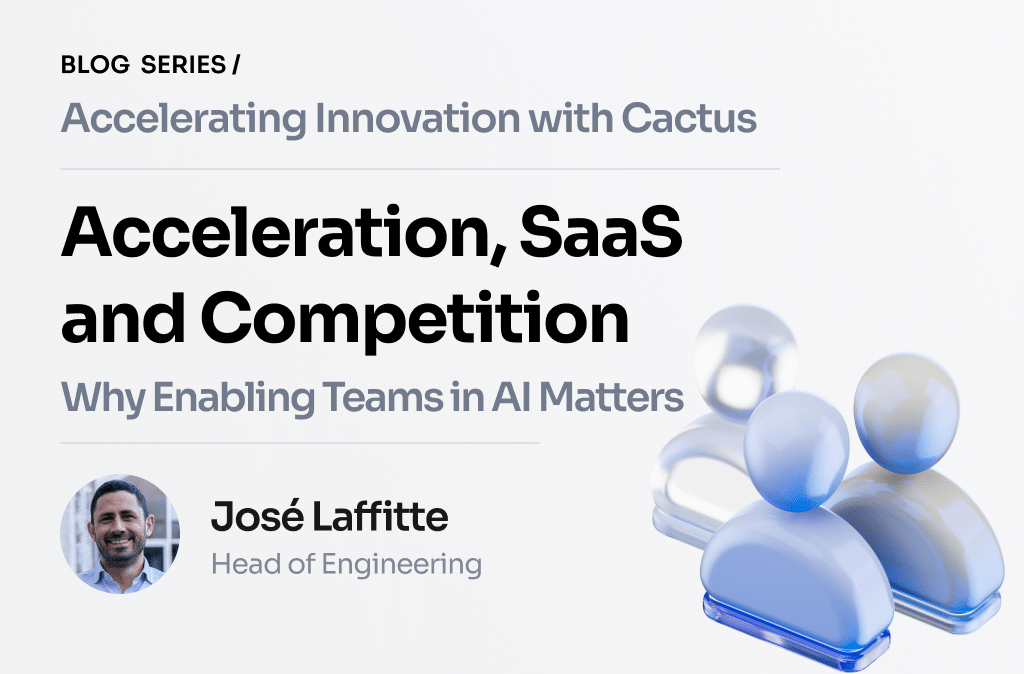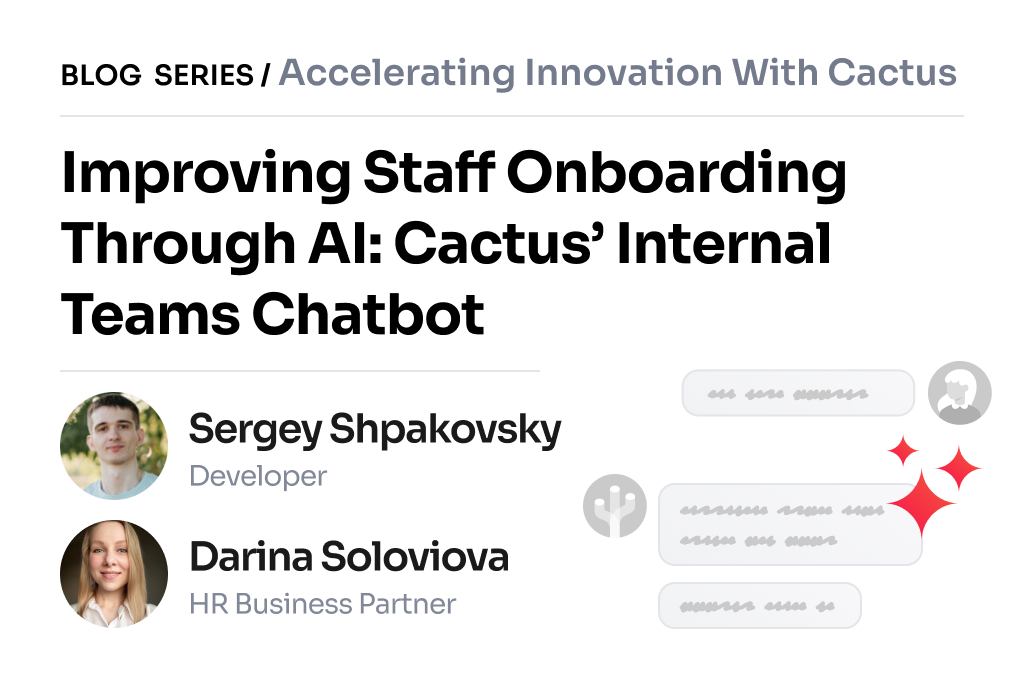Organizations have a Human Resource (HR) department that is responsible for managing the resources and overseeing various aspects of employment. The role of the department is to manage functions such as issuing offer letters, employee database management, payroll, benefits processing, etc. These activities are predominantly carried out using HR software and cloud-based HR systems. However, their role is not limited to the abovementioned functions, and they also play a strategic role.
Given the role of employees in the sustainable development of a company, it is important that companies are equipped with tools that ensure learning administration, organization-wide reporting, continuous performance management, feedback, and data-driven recruitment.
According to the report “HR Technology Disruptions 2017,” companies today need to be more customer-focused, innovative and digital in nature. As a result, companies are investing in software that helps them nurture their human resources in such a way that they are productively deployed in order to achieve a high level of growth.
Candidate analysis and sourcing
As there is an increase in demand for products that are exclusive, durable, and cost-effective, companies have to be innovative when it comes to fathoming out market dynamics and product development. Innovation can only be achieved with the right talent and acumen. The HR department plays a crucial role in acquiring people with the requisite skill set.

However, the traditional way of recruiting involves a tedious process of shortlisting candidates based on their resumes, followed by a long interview process. To overcome that obstacle, companies have ingeniously come up with the idea of platforms, which can be used by hiring managers to screen candidates and conduct live interviews on the Internet. By tapping into these resources, companies can streamline their recruitment process, thereby saving a lot of time and money.
Smart learning tools
In order to ensure productivity at work, it is important to follow standard methods and also learn to develop new methods. There are learning platforms, such as “Degreed,” that allows individuals and organizations to track, share, and curate all forms of learning from various sources. Therefore, by using platforms that allow organizations to keep a record of their employees’ training and track their progress, companies can impart useful skills.
Continuous performance monitoring
Performance evaluation is an important management practice that is used to monitor the performance of employees. Companies waste huge amounts of time and money in carrying out employee performance reviews that are based on their past performance. However, with the development of new software, continued monitoring of performance is possible.
These techniques are certainly better than the existing performance review methods, as continuous monitoring can be helpful in rectifying shortcomings when they arise, rather than reviewing them at the year-end.
Feedback
For companies, proper feedback from their customers is essential to ensure good product quality. Similarly, it can be a tool for employees used to enhance the quality of work. While it can certainly improve poor performance, it can also be used to acknowledge good work. Tools such as Culture IQ, Hyphen, Thymometrics, and Officevibe can improve the feedback mechanism and ensure greater employee engagement.
Social recognition and rewards
Accolades and rewards can boost the morale of employees. Reports suggest that organizations that excel at employee recognition are more likely to generate strong business results. The turnover rates in companies that offer recognition and perks are very low. Companies have developed reward networks that offer recognition and perks to the employees, hence ensuring higher levels of job satisfaction.

Availability of labour in abundance does not necessarily yield the desired results for an organization. We are currently in the midst of a fourth Industrial Revolution – the “Digital Revolution.” Skills and abilities that were once considered superior are becoming obsolete. Therefore, the onus lies on the HR department to ensure high levels of dexterity and follow policies that adhere to the organization’s vision and mission.
Carol Wilson is an experienced Human Resource professional, who loves to share knowledge on career advice through her writings. She is also a significant contributor to BSR: Career Advice.
Social Links
Gmail: [email protected]
Twitter: @careerwilson
Quora: carol-wilson74
Blogspot: ecareercoaching.blogspot.in






